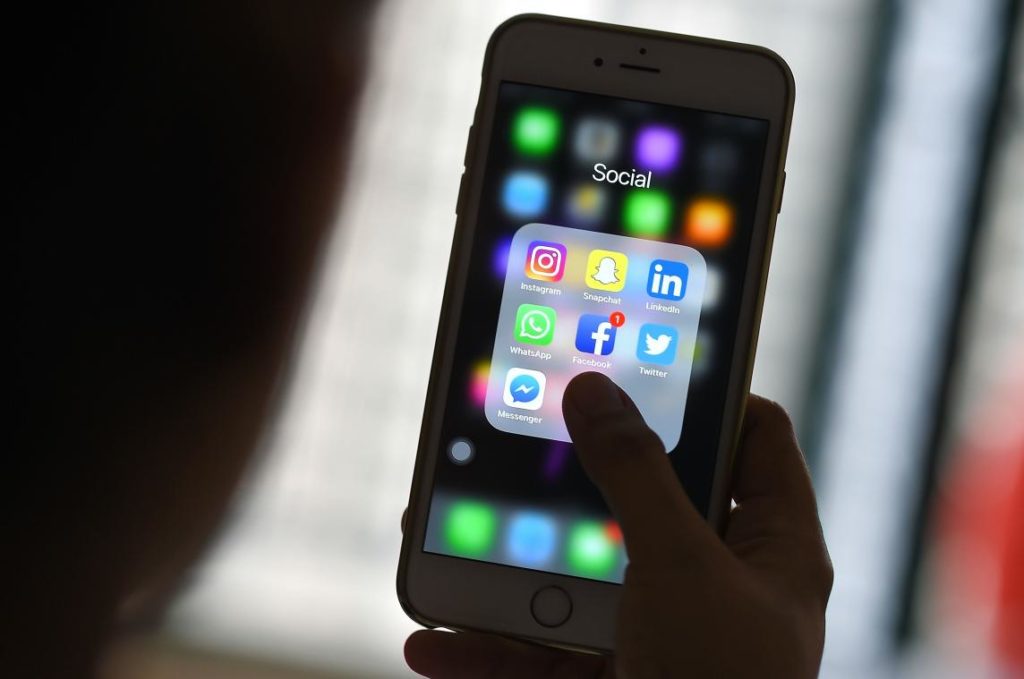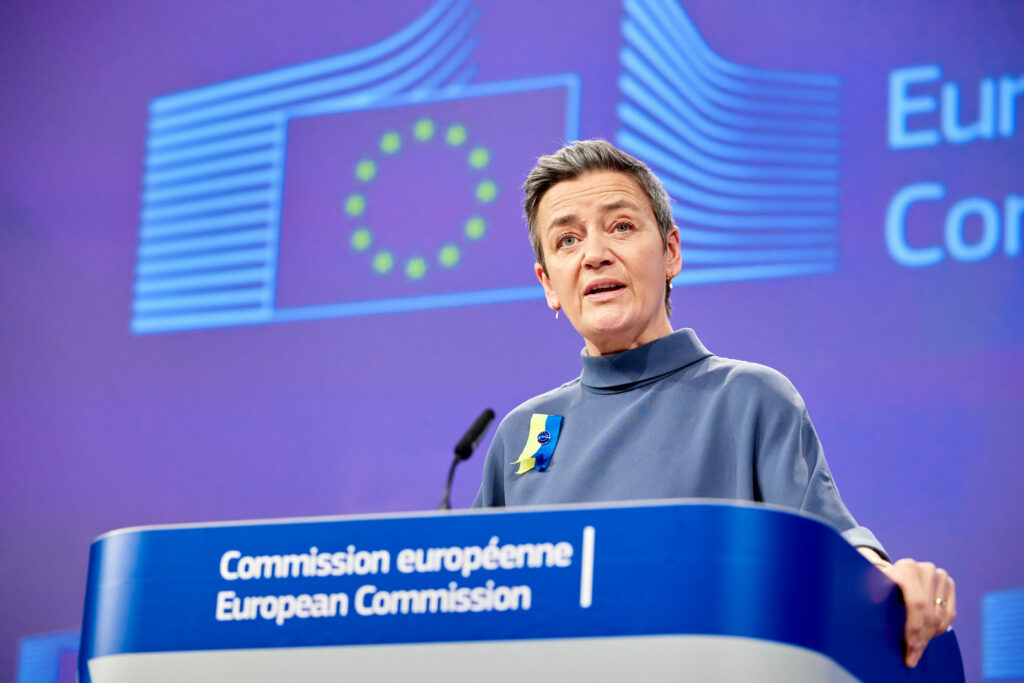A series of new internet rules are coming into effect on Thursday as the European Union is implementing the Digital Markets Act (DMA) to limit the power of dominant technology companies. For iPhone users especially, some of the rules are quite drastic.
As of today, the six big platforms (Apple, Alphabet (Google), Meta, Amazon, Microsoft and ByteDance (TikTok)), designated "gatekeepers" by the European Commission, must fully comply with all the DMA's obligations, or otherwise face heavy sanctions.
"Today marks a turning point in our European digital space," stressed Commissioner for Internal Market Thierry Breton. "European users will have more control over their data and are now empowered to make choices they did not have before due to default settings."
This should create opportunities for smaller competitors, which in turn leads to more (affordable) options for EU consumers, he added.
What is changing for iPhone users?
More competition between browsers on the iPhone
The EU requires Apple to ask users more explicitly which browser they want to use. After installing this week's iOS 17.4 update, they will see a selection screen when first opening Safari.
Developers will also finally have more control over the development of their browsers. Until now, they were required to use Apple's engine, which is a part of the browser that determines how web pages are loaded.
With this change, Google and Mozilla will now be able to make their apps different and potentially better than Safari: from faster loading times to the ability to install extensions, for example. For the time being, however, these drastic adjustments have not yet been made.

The first Belgian Apple Store in Brussels. Credit: Belga / Nicolas Maeterlinck
More app stores on iOS
From now on, Apple must allow developers to launch their own app store on iOS. Until now, the company had total control over which apps could appear on iPhones. This, for example, caused a conflict with Epic Games, the maker of Fortnite.
It looked like the game developer would be allowed to launch its own store, but Apple put a last-minute stop to that and closed Epic's developer account. As a result, Epic could not launch its own app store. For the time being, Fortnite will not return to iPhone.
New emojis
Over 100 new emojis are coming to iPhones – including a lime, a broken chain, a brown mushroom and nodding and shaking heads.
What else is changing?
Choosing a browser on an Android smartphone
For some time now, Google has been obliged to let users choose which search engine they want when setting up a new Android phone. They can also choose which web browser they want to use.
Up until now, however, Google Chrome was the default after activating the phone – meaning many users never even considered downloading another option. Thanks to the DMA, in addition to the selection screen for the search engine, users now also get a selection screen for the browser.
Using Messenger without a Facebook account
Until now, anyone wanting to chat via Messenger has been required to have a Facebook account – which was not ideal for people who did not want a Facebook profile. But parent company Meta is now allowing users to create an account on Messenger with any email address or mobile number, regardless of whether they are linked to a Facebook account.
A disadvantage of this is that users will have to invite people to talk to them on Messenger. This can be fixed, however, by uploading their phone's contact list to the chat app.

Credit: Belga
Unlinking Instagram account from Facebook
Until now, Meta combined data about its users' Instagram data with their Facebook activity to show them personalised advertisements.
The new EU rules, however, no longer allow the big players to simply link their services together – meaning users have to give explicit permission for them to do so. If your accounts are already linked, this can now be easily changed via the company's Account Center.
WhatsApp and Messenger can work together with other chat apps
The European Commission will also require WhatsApp and Messenger to be opened up, which should allow them to collaborate with other chat apps. It will take some time before this change will take effect, but it is potentially a major change.
In a technical blog post, Meta said that there is still some work to be done before this can be put into practice safely, as Messenger's security must first be increased, for example.
Good agreements will also have to be made with the companies behind competing chat apps. Meta suggested using the secure protocol of the chat app Signal (which is already being used with WhatsApp and Messenger).
What happens if the companies do not comply?
The Commission will carefully analyse the company's compliance reports and assess whether the measures are effective. The Commission's assessment will also be based on the input of interested stakeholders, including in the context of the compliance workshops, where gatekeepers are invited to present their solutions.
In case the companies do not comply, the Commission "will not hesitate" to take formal enforcement action, using "the entire toolbox at its disposal" to fully enforce the DMA.
"Our new set of rules will now make online markets more open and contestable for small, innovative businesses. As consumers, we will have more affordable options online," said Margrethe Vestager, Executive Vice-President in charge of competition policy.

European Commission Vice President Margrethe Vestager. Credit: European Commission
"This will deeply change how online markets work and open up the digital marketplace, for the benefit of all European players and users," she added.
Should the Commission suspect an infringement of the DMA, it can open proceedings to investigate the potential breach. In case of an infringement, the Commission can impose fines of up to 10% of the company's total worldwide turnover – or up to 20% in cases of repeated infringement.
In case of systematic infringements, the Commission can also adopt additional remedies, such as obliging a gatekeeper to sell (parts of) a business, or banning the gatekeeper from acquiring additional services related to their systemic non-compliance.

